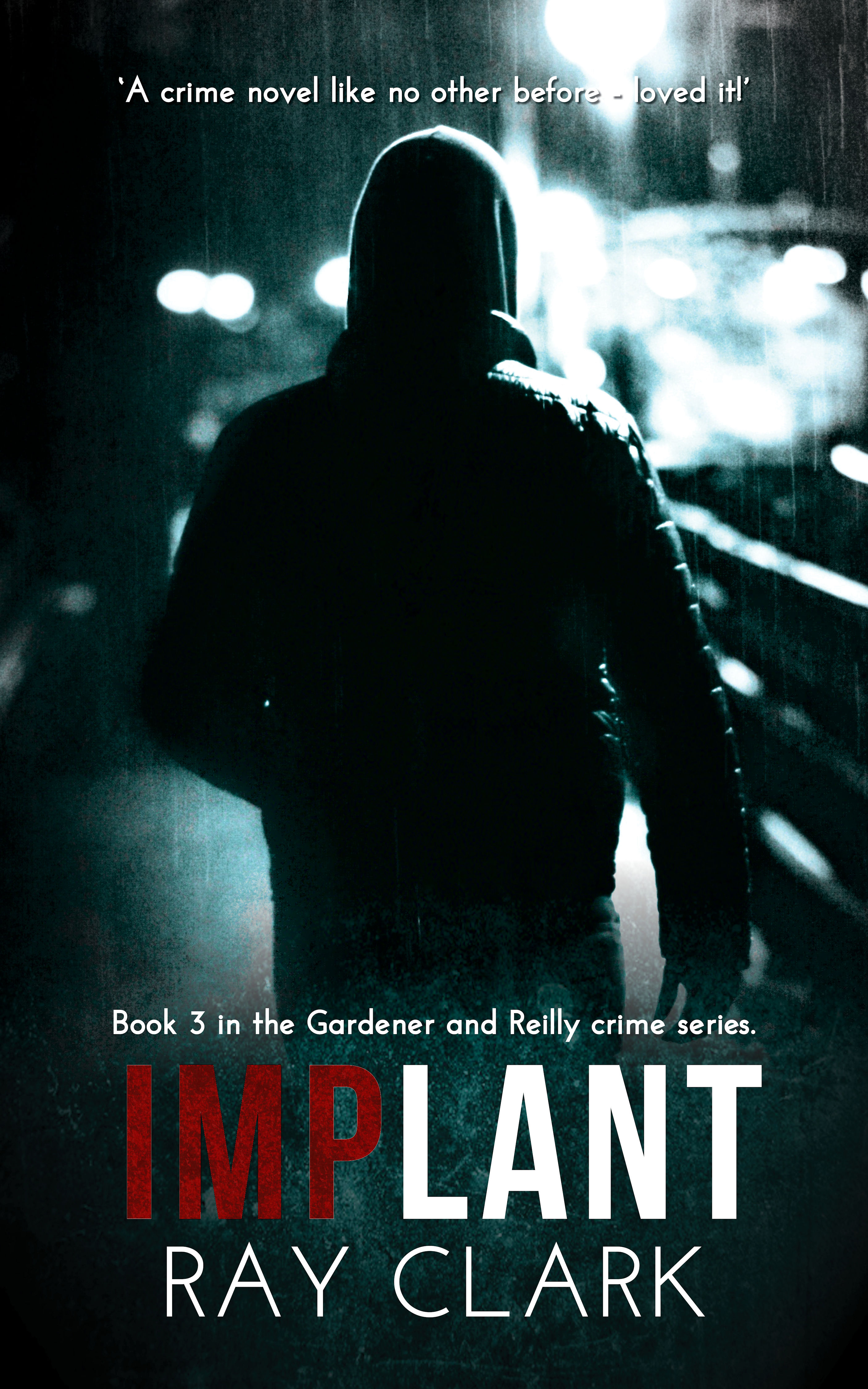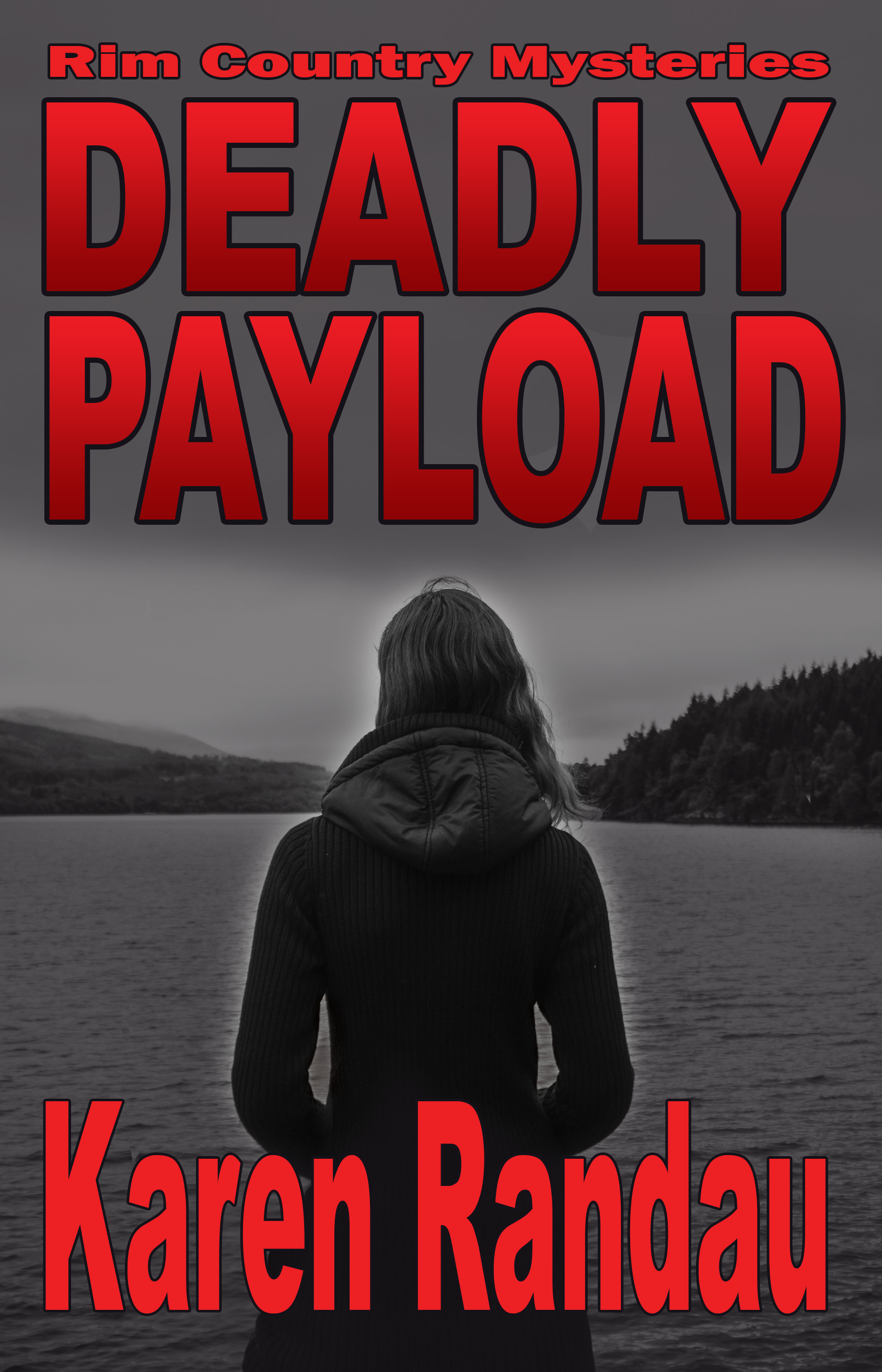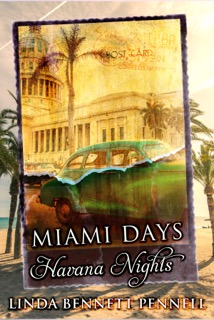This week on The Scariest Part, I’m honored to host my good friend of many years and one hell of a writer, F. Brett Cox, whose long-awaited debut story collection is The End of All Our Exploring. Here is the publisher’s description:
The stories in F. Brett Cox’s debut collection move through multiple genres and many times and places, from the monsters of the 19th century to the future fields of war, from New England to the South to the American West, from the strange house at the top of the hill to the bottom of your childhood swimming pool. But whatever the time and place, and whether utterly fantastic or all too real, all of these remarkable fictions pose the fundamental question: what’s next? The End of All Our Exploring features 27 stories, and it also includes Cox’s unique historical notes.
And now, let’s hear what the scariest part was for F. Brett Cox:
One of the writer’s tasks that sometimes gets less noticed than others is the need to reread one’s own work before it’s published. Technically, it’s proofreading, I guess, but in preparing my collection The End of All Our Exploring: Stories for publication, I found myself rereading the stories carefully, more than once, in some cases for the first time in many years. Happily, the task turned out to be daunting, but not painful. I did not cringe at beginner’s mistakes or find myself regretting my editor’s decision to publish what is, for all intents and purposes, my collected stories to date.
But while I didn’t find myself thinking, “I wish I hadn’t written that,” I did find myself thinking, “How could I have written that?” Some of the stories, especially those I wrote earlier in my career, contain levels of grinding brutality that gave older reader me some pause. The father who puts the law above his family in “Up Above the Dead Line,” the couple bound within an inescapable curse in “Legacy,” the hierarchical cage that traps the young narrator of “What They Did to My Father,” the sledgehammer of oppression that keeps coming down in “Petition to Repatriate Geronimo’s Skull,” the quietly sinister systems of “Maria Works at Ocean City Nails” that leave no doubt the kids are not all right. How could I have written that?
Well, because that’s the world I found in reading the history of my own country, and that’s the world that waits outside the door every day. In “Legacy,” the character Constance says, “It doesn’t matter how careful we are. Terrible things happen for no reason.” In the story, Franklin, who loves her, has no reply to her statement, and as of this moment, neither do I.
What scares me about many of the stories in my book — several of which are taken from actual events — is that they are not just realistic, but real.
I should add, lest my publisher get nervous, that there are lighter moments in the book — some people find at least a couple of the stories pretty funny — and, in some of the stories in the book, there is a sense that forward movement is possible, that we don’t necessarily have to resign ourselves to being trapped within the systems that generate such terrible things. But even then, if you manage to move forward, there’s no certainty what you will find.
Someone once asked the philosopher Michel Foucault (whose Discipline and Punish: the Birth of the Prison is scarier than anything in my book, trust me) why he thought everything was bad. “I don’t think everything is bad,” he replied. “I think everything is dangerous.”
I agree. Don’t ever give in to fear. But let’s be careful out there.
The End of All Our Exploring: Fairwood Press / Amazon / Barnes & Noble / Powell’s / IndieBound
F. Brett Cox: Facebook
In addition to the stories included in The End of All Our Exploring, F. Brett Cox’s poetry, plays, essays, reviews, and academic writings have appeared in numerous magazines and anthologies. With Andy Duncan, he co-edited Crossroads: Tales of the Southern Literary Fantastic (Tor, 2004). He has served on the Stoker Award Additions Jury and is a co-founder, and current Vice-President of the Board of Directors, for the Shirley Jackson Award. A native of North Carolina, Brett is Charles A. Dana Professor of English at Norwich University in Northfield, Vermont. He lives in Vermont with his wife, playwright Jeanne Beckwith.





